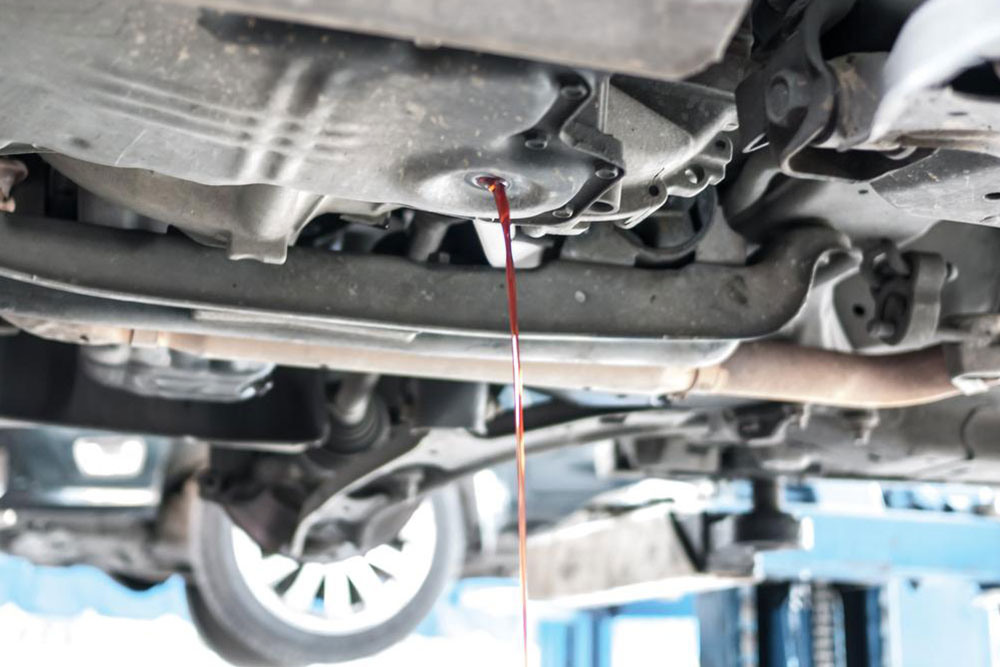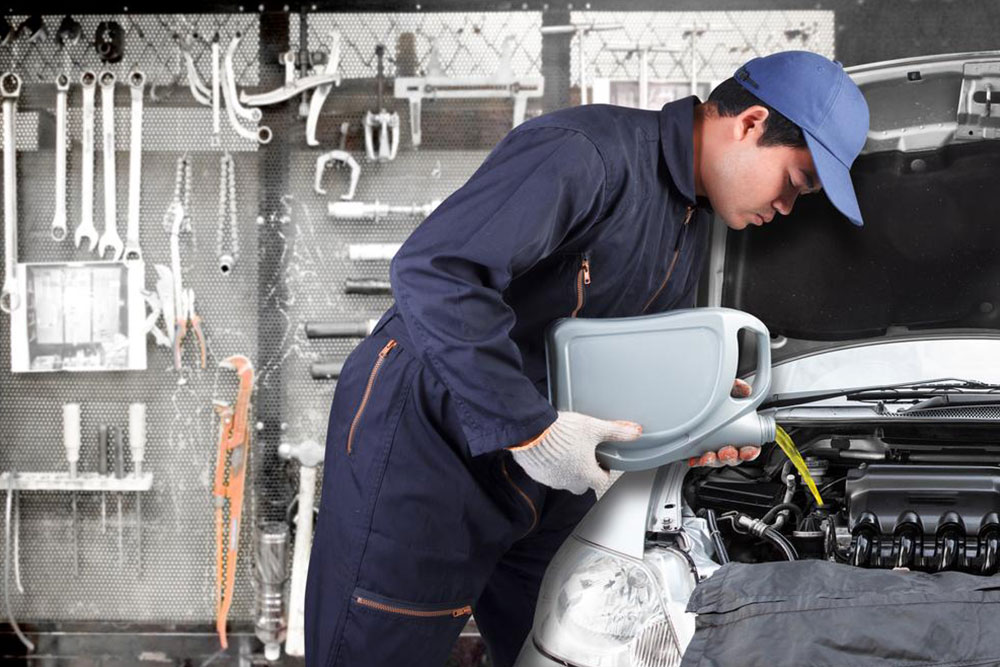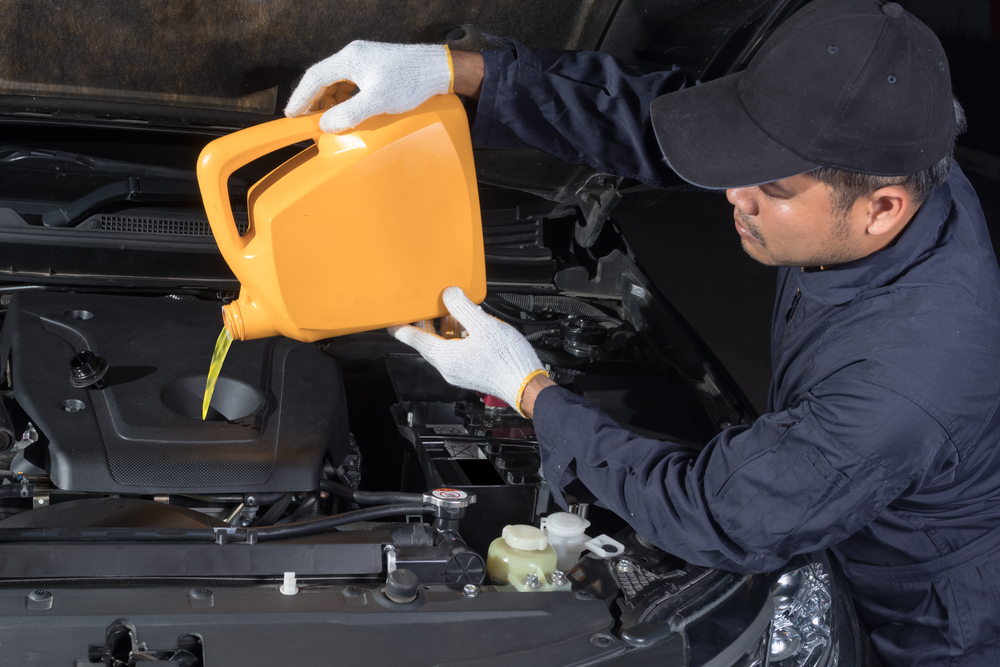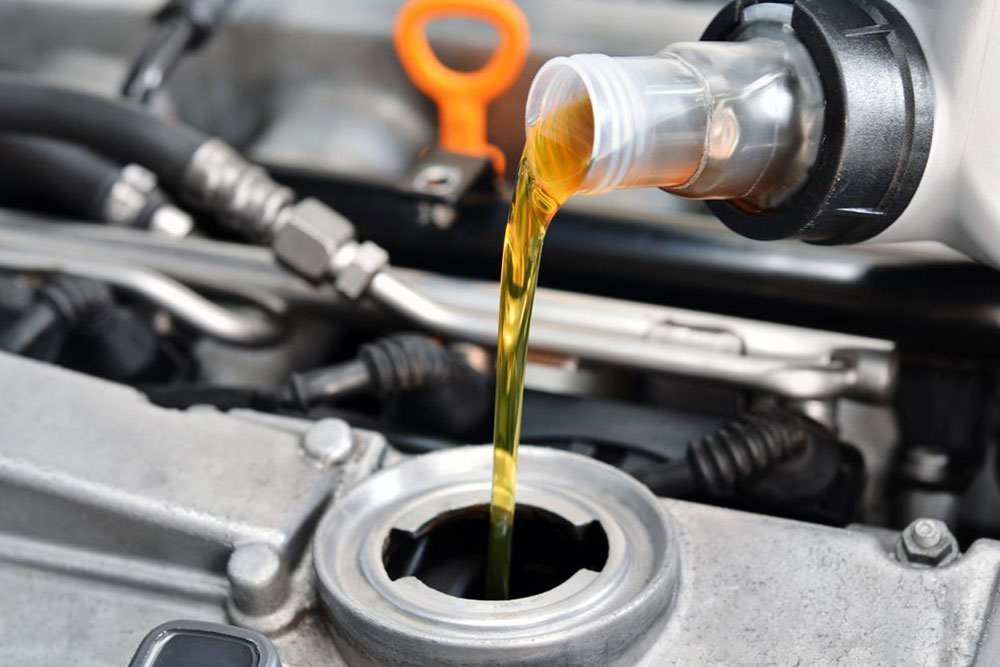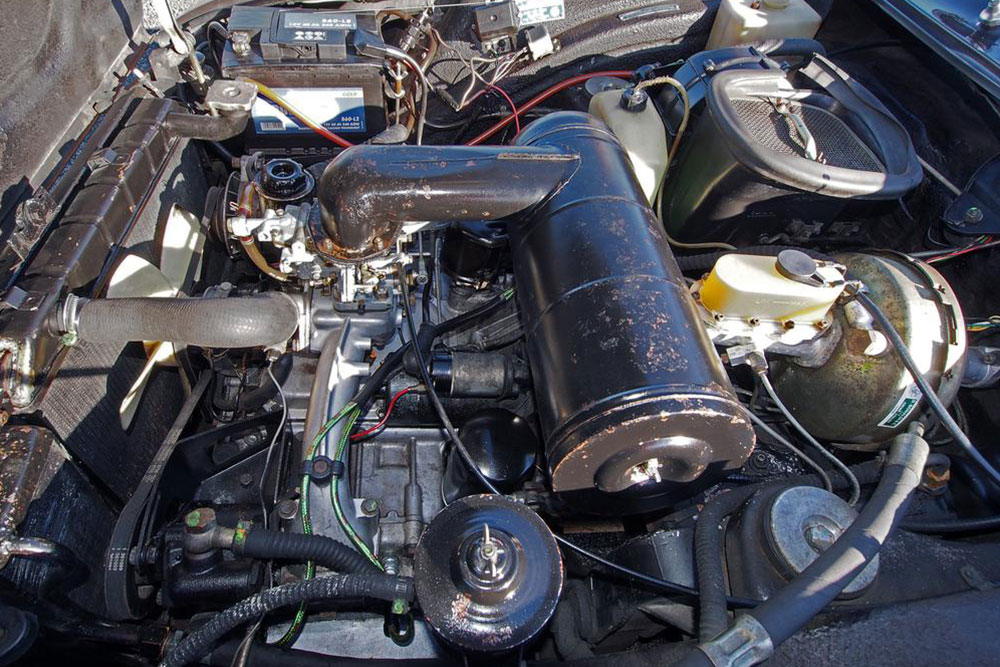Comprehensive Guide to Boosting Your Car Engine's Performance and Longevity
Learn comprehensive strategies to enhance your car engine's performance and longevity. Discover essential maintenance tips, optimal driving habits, and advanced technical upgrades that can extend engine life, improve efficiency, and ensure reliable vehicle operation. This detailed guide covers everything from choosing the right lubricants to understanding future automotive technologies, helping you maintain a high-performing engine for years to come.
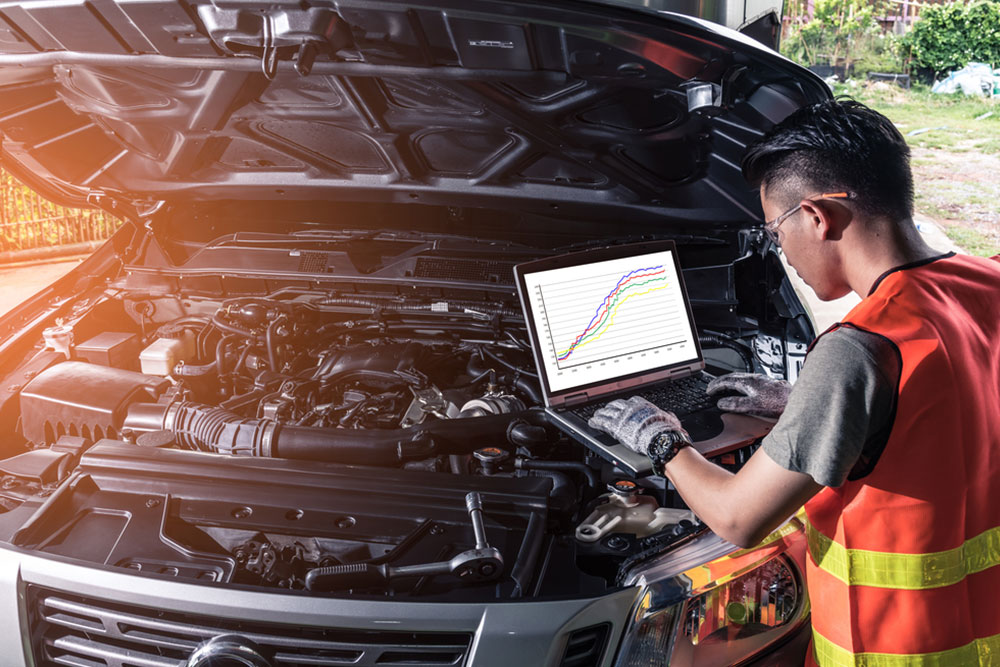
The engine is undeniably the heart of any vehicle, determining not just how well your car runs but also influencing fuel efficiency, reliability, and overall driving experience. An engine is an intricate machine composed of numerous internal components working harmoniously to deliver power from the combustion process to the wheels. Understanding how to maintain and optimize your engine is essential for maintaining vehicle performance, reducing repair costs, and extending the lifespan of your automobile. In this comprehensive guide, we delve into effective strategies to enhance your car engine's performance, covering proper maintenance, optimal driving habits, and technical enhancements that can make a significant difference.
The Importance of Engine Care
The engine’s complexity means that even small issues can have widespread effects on overall vehicle health. Regular maintenance not only maintains the engine’s efficiency but also prevents minor problems from escalating into major mechanical failures. Proper engine care is an investment that yields long-term benefits, including better fuel economy, reduced emissions, and increased resale value of your vehicle. By understanding the core principles of engine performance and taking proactive steps, you can ensure your vehicle remains dependable for years to come.
Choosing the Right Lubricants for Optimal Performance
One of the most critical aspects of engine maintenance is the choice of lubricants. Many vehicle owners underestimate the importance of using high-quality oils. Synthetic lubricants have gained popularity for their superior properties compared to traditional motor oils. These advanced oils provide enhanced thermal stability, better resistance to oxidation, and superior reduction of internal friction within the engine components. The result is less wear and tear, smoother operation, and extended engine life. It is advisable to select lubricants that meet the specifications recommended by your vehicle’s manufacturer, and to adhere to oil change intervals. Regularly switching to synthetic oils can lead to noticeable improvements in engine responsiveness and durability.
Enhancing Engine Compression — A Delicate Balance
Increasing engine compression is a popular method for boosting horsepower and overall power output. Higher compression ratios allow more energy to be extracted from each combustion cycle, translating into increased performance. However, this modification comes with its own set of risks and should only be performed by experienced technicians. Excessive compression can lead to knocking or pre-ignition, which can damage pistons, valves, and other critical engine parts. Proper tuning and the use of high-octane fuel are essential when increasing compression ratios. When executed correctly, it can significantly improve engine efficiency and responsiveness, making your vehicle perform better on the road.
Driving Habits and Their Impact on Engine Health
Your driving style has a profound effect on engine longevity. Aggressive acceleration, rapid deceleration, and frequent high-speed driving generate additional stress on engine components, accelerating wear and tear. Conversely, adopting a calm, smooth driving approach reduces strain on the engine, transmission, and suspension. Accelerate gradually, maintain steady speeds, and avoid sudden stops whenever possible. Additionally, warming up the engine before driving vigorously and allowing it to idle slightly after a long drive can help maintain optimal engine temperature and reduce cold-start wear. Responsible driving not only enhances safety but also ensures your engine remains in excellent condition over time.
Addressing Engine Issues Before They Escalate
Preventive maintenance is the cornerstone of engine health. Small issues such as oil leaks, unusual noises, or warning lights should never be ignored. Regular engine inspections, using diagnostic tools, can help detect early signs of trouble like clogged filters, worn belts, or failing sensors. Addressing these issues promptly prevents them from developing into costly repairs and minimizes downtime. An efficient approach involves adhering to scheduled maintenance intervals, including oil changes, spark plug replacements, and coolant flushes. Keeping your engine in top shape demands vigilance and prompt action at the first sign of trouble.
Additional Tips for Maximizing Engine Efficiency
Ensure the cooling system functions properly — Overheating can cause severe engine damage. Regularly check coolant levels and inspect radiator condition.
Replace air filters regularly — Clean filters improve airflow, combustion efficiency, and reduce engine strain.
Maintain proper tire pressure — Properly inflated tires reduce rolling resistance and improve overall vehicle efficiency, indirectly benefiting engine wear.
Use high-quality fuels — Premium fuels can improve combustion and reduce deposits inside the engine.
Monitor fluid levels and quality — Regularly check and replace transmission fluids, brake fluids, and power steering fluids as per manufacturer guidelines.
Future Technologies in Engine Optimization
Advancements in automotive technology continue to revolutionize how we approach engine performance. Features like turbocharging, direct fuel injection, and variable valve timing enhance efficiency and power output. Electric and hybrid powertrains are also emerging as alternatives, emphasizing sustainability while maintaining high performance. Moreover, engine management systems with sophisticated sensors and AI-driven diagnostics allow for real-time adjustments, optimizing fuel delivery and ignition timing for maximum efficiency. Staying informed about these innovations and adopting compatible technologies can further enhance your vehicle’s performance and durability.
Conclusion
Boosting your car engine's performance involves a combination of routine maintenance, smart driving habits, and understanding the technical aspects of engine upgrades. Using synthetic lubricants, maintaining proper compression, driving responsibly, and addressing issues early on are all crucial steps in ensuring your engine remains healthy and efficient. As automotive technologies evolve, staying updated on the latest advancements will help you harness the full potential of your vehicle while safeguarding its longevity. Regular care and informed modifications not only improve performance but also guarantee a more reliable and satisfying driving experience.
